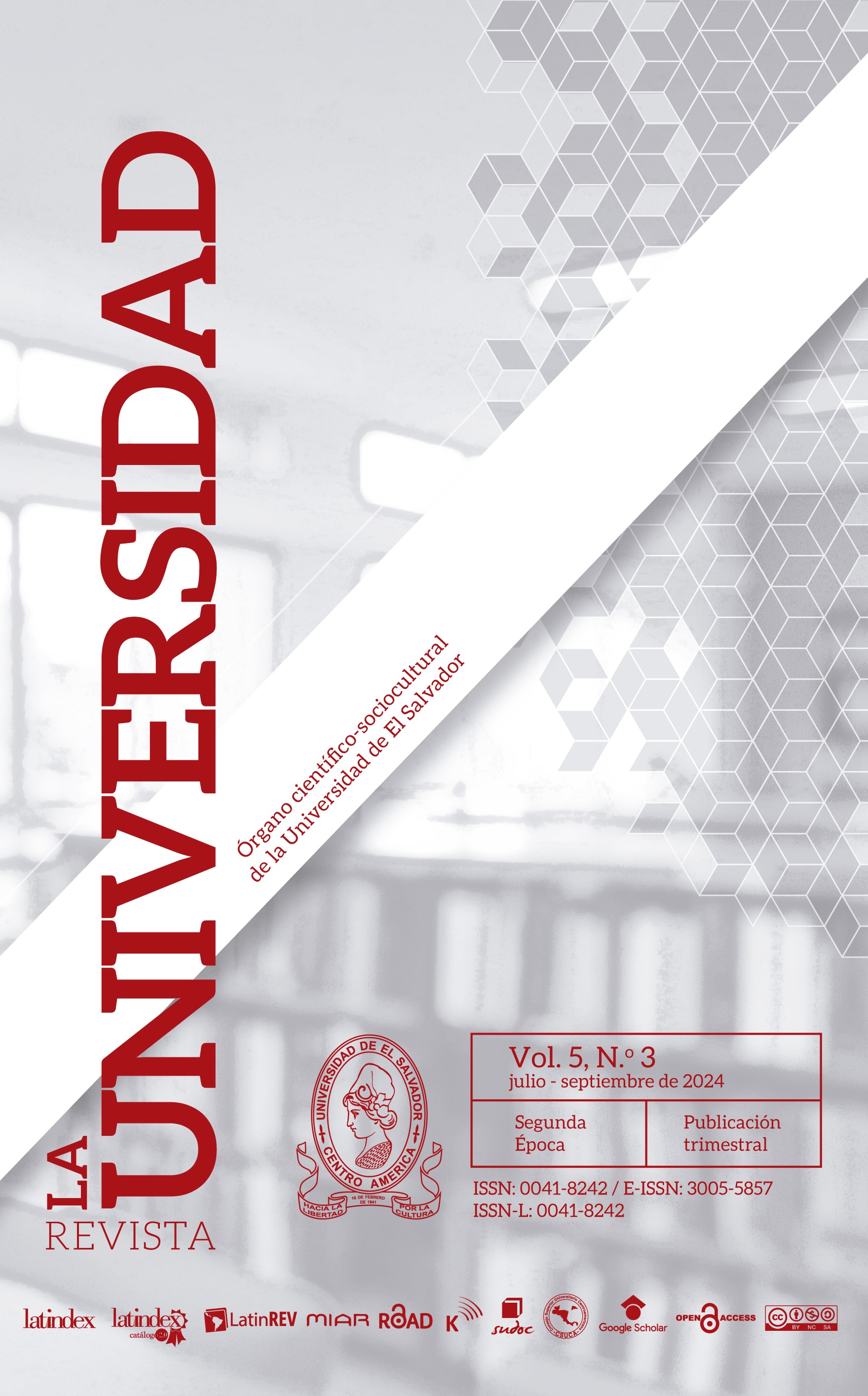Más allá del método
reflexiones sobre la aventura intelectual de Paul Feyerabend
Palabras clave:
Paul Feyerabend, anarquismo epistemológico, diversidad científica, reflexión crítica, verdad científicaResumen
El ensayo se propone explorar el pensamiento de Paul Feyerabend, con énfasis en su concepto de anarquismo epistemológico y su impacto en la concepción tradicional de la ciencia. Aborda la cuestión fundamental sobre la naturaleza del conocimiento científico y su relación con la verdad absoluta. A través de un enfoque reflexivo y crítico, se analiza cómo Feyerabend desafía las estructuras establecidas de la ciencia, cuestionando la existencia de un método científico único y promoviendo la diversidad de enfoques y metodologías en la investigación. Se destaca la importancia de abrirse a nuevas perspectivas y horizontes de pensamiento, así como de reconocer la complejidad inherente a la búsqueda del conocimiento. En este sentido, se invita a reflexionar sobre la necesidad de mantener una mente abierta en la exploración del saber, sin caer en la mediocridad de lo aceptado por todos de forma lineal, hegemónica y sin filtro
Descargas
Citas
Agassi, E. (1976). Against Method: Outline of an Anarchistic Theory of Knowledge, by Paul K. Feyerabend. Philosophia, 6(1), 165-177. http://dx.doi.org/10.1007/BF02383263
Feyerabend, P. (1975). Against Method: Outline of an Anarchistic Theory of Knowledge. Verso. https://acortar.link/641pbv
Feyerabend, P. (1978). Science without Experience. Philosophy of Science, 45(1), 1–15.
Feyerabend, P. (1986). Tratado contra el método. Esquema de una teoría anarquista del conocimiento. Tecnos. https://acortar.link/qbz3Lv
Feyerabend, P. (1991). Anarchy and Order: Philosophy and Politics. In R. S. Cohen & L. Laudan (Eds.), Physics, Philosophy, and Psychoanalysis: Essays in Honor of Adolf Grünbaum (pp. 265–274). Springer. https://link.springer.com/book/10.1007/978-94-009-7055-7
Frank, P. (1957). Philosophy of Science: The Link between Science and Philosophy. Prentice-Hall. https://acortar.link/ECQ96m
Gellner, E. (1975). Review of Beyond Truth and Falsehood. The British Journal for the Philosophy of Science, 26(4), 331-342. http://dx.doi.org/10.1093/bjps/26.4.331
Hattiangadi, J. (1977). The Crisis in Methodology: Feyerabend. Philosophy of the Social Sciences, 7, 289-302. http://dx.doi.org/10.1177/004839317700700308
Hattiangadi, J. (2000). Two Concepts of Political Tolerance. En J. Preston, G. Munévar y D. Lamb (Eds.), The Worst Enemy of Science? Essays in Memory of Paul Feyerabend (pp. 125-147). Oxford University Press.
Koertge, N. (1980). Review of Paul Feyerabend, Science in a Free Society. The British Journal for the Philosophy of Science, 31(4), 385-390. http://dx.doi.org/10.1093/bjps/31.4.385
Kuhn, T. (1962). La estructura de las revoluciones científicas. University of Chicago Press.
Kulka, T. (1977). How Far Does Anything Go? Comments on Feyerabend’s Epistemological Anarchism. Philosophy of the Social Sciences, 7(3), 277-287. http://dx.doi.org/10.1177/004839317700700307
Lakatos, I. (1976). Proofs and Refutations: The Logic of Mathematical Discovery. Cambridge University Press. https://acortar.link/cilB2b
Laudan, L. (1977). Progress and its Problems: Toward a Theory of Scientific Growth. University of California Press. https://acortar.link/BTt1lY
Laudan, L. (1996). Beyond Positivism and Relativism: Theory, Method and Evidence. Westview Press.
Morin, E. (1977). El método I. La naturaleza de la naturaleza (6a edición). Editorial Cátedra. Colección Teorema Serie mayor. https://ciroespinoza.files.wordpress.com/2011/11/el-metodo-1-la-naturaleza-de-la-naturaleza.pdf
Morin, E. (1998). Introducción al pensamiento complejo. Editorial Gedisa. https://cursoenlineasincostoedgarmorin.org/images/descargables/Morin_Introduccion_al_pensamiento_complejo.pdf
Niaz, M. (2020). Feyerabend’s Epistemological Anarchism: How Science Works and its Importance for Science Education. Science & Education, 29(3), 443–459. https://doi.org/https://doi.org/10.1007/s11191-020-00112-0
Nicolescu, B. (1996). La transdisciplina. Manifiesto. Du Rocher. http://www.ceuarkos.edu.mx/wp-content/uploads/2019/10/manifiesto.pdf
Descargas
Publicado
Cómo citar
Número
Sección
Licencia

Esta obra está bajo una licencia internacional Creative Commons Atribución-NoComercial-CompartirIgual 4.0.
Los textos académicos y científicos que se publican en la Revista La Universidad están protegidos bajo la licencia CC BY NC SA 4.0, esta permite usar una obra para crear otra obra o contenido, modificando o no la obra original, siempre que se cite al autor, la obra resultante se comparta bajo el mismo tipo de licencia y no tenga fines comerciales (https://creativecommons.org/licenses/by-nc-sa/4.0/deed.es) . El autor es el único que pose los derechos de publicación y la Revista La Universidad posee los derechos de difusión.





